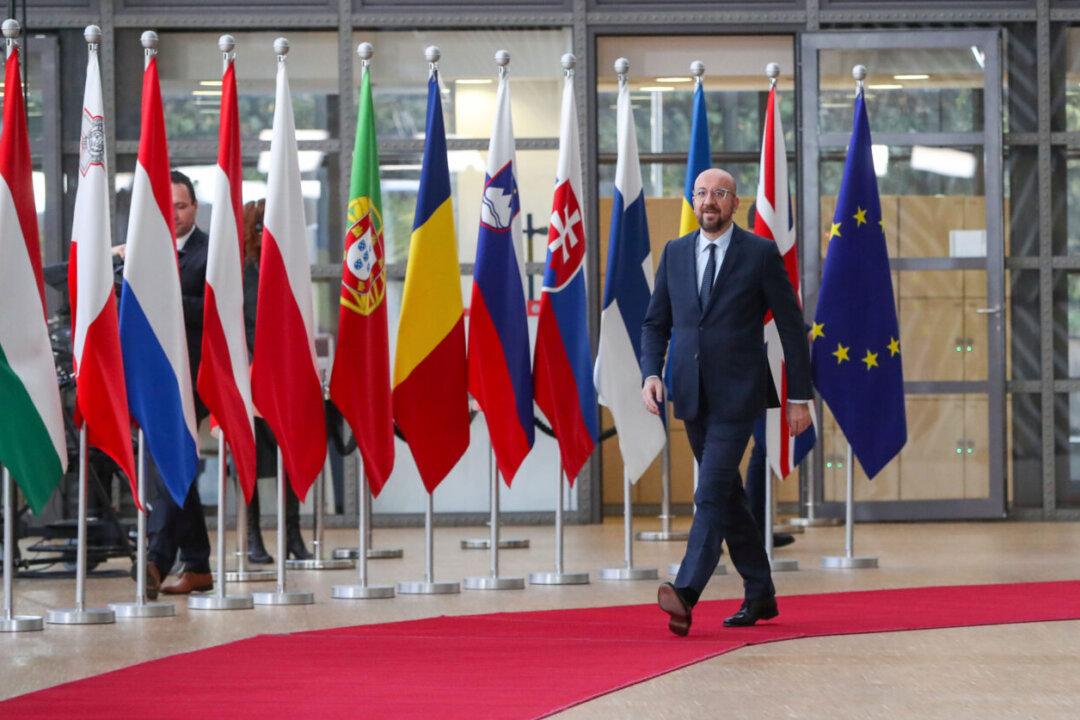An accord between Libya and Turkey mapping out maritime boundaries on the Mediterranean Sea is a violation of international law and Greece’s sovereignty, European Union leaders declared at a European Council summit on Dec. 12 in Brussels.
On Nov. 27, Turkey signed a memorandum of understanding on maritime zones with Libya that ignores Greece, Egypt, and Cyprus—countries that also border the Mediterranean Sea. Moreover, the deal does not take into consideration the fact that between Turkey and Libya lies Crete—the biggest island of Greece.





